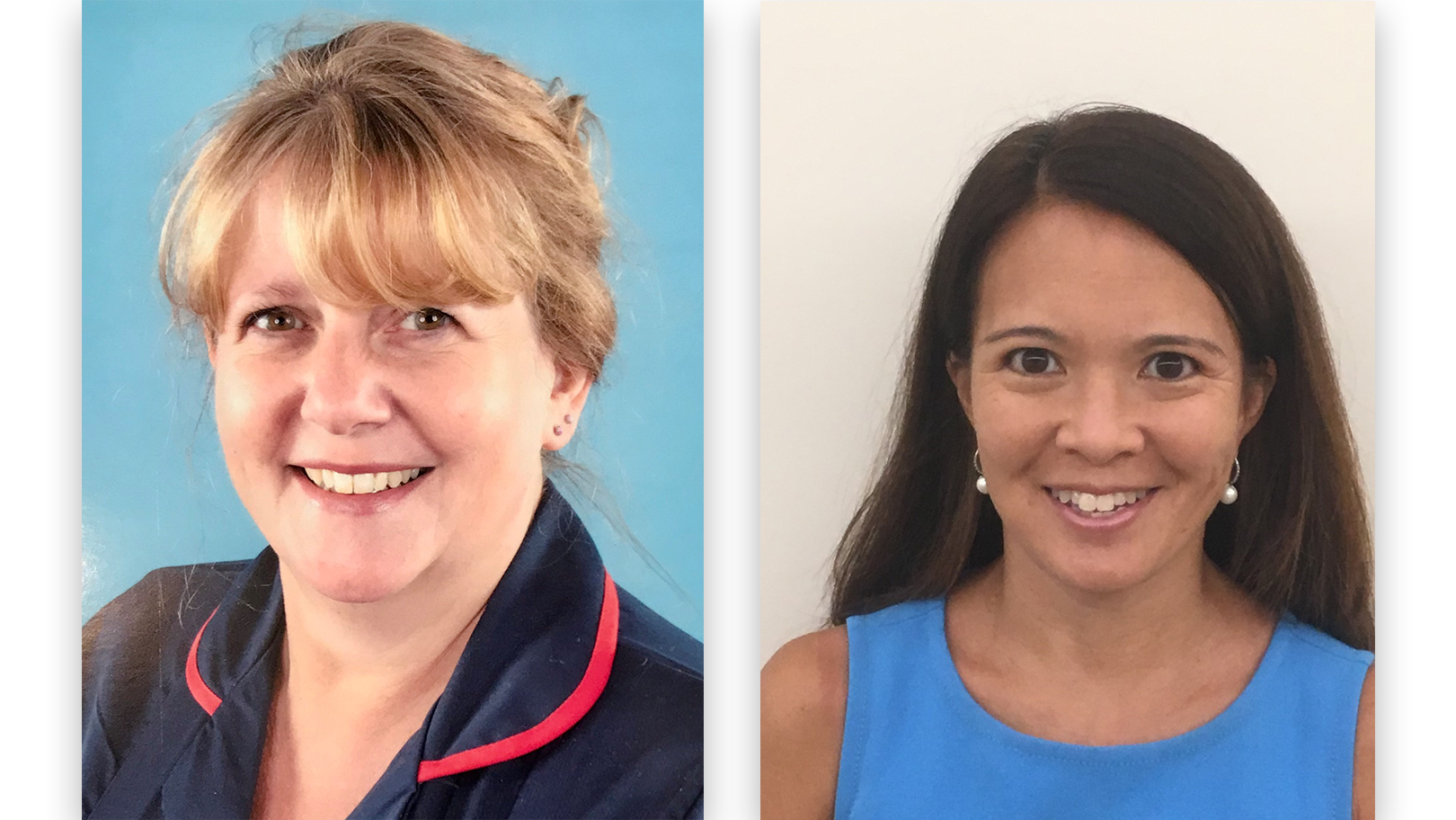Breathlessness or shortness of breath (SOB) can be a short-term or long-term side effect after surgery, particularly lobectomy, for patients with NSCLC. There is good evidence now to support use of prehabilitation for better outcomes post-surgery. However, the proper management strategy in the postoperative setting has been difficult given lack of good prospective data to show benefit in larger cohorts outside of those with chronic obstructive pulmonary disease (COPD), where pulmonary rehabilitation has been shown to be the most useful.1
A recent article in JAMA Oncology evaluated 29 randomized clinical trials of patients with advanced cancer and revealed some improvement in SOB for patients who had various non-pharmacologic interventions including activity or rehabilitation, but the strength of evidence was low.2
Another randomized study assessed patients with inoperable lung cancer and the implementation of a pulmonary rehab program. This study failed to meet its primary endpoint of improvement in a 6-minute walk test.3
The question remains: Is there real-world utility or need outside of patients with COPD? In the following interview, Beth Sandy, a thoracic oncology nurse practitioner at Abramson Cancer Center, University of Pennsylvania, discusses this topic with two thoracic surgical nurses who work in the field: Samantha Jayne Byam, a thoracic surgery clinical nurse specialist with Mid and South Essex NHS Foundation Trust, and Carol Simon, a senior thoracic surgery nurse with Hospital of the University of Pennsylvania.
Q: Please describe your roles.
Ms. Byam: I work within the Essex Cardiothoracic Centre located in Basildon Hospital. My role is a 16-month secondment sponsored by Macmillan Cancer Support, the cancer charity in the U.K.
My job is to set up a Thoracic Surgery Nursing Service to support patients, mainly those with lung cancer, from surgical referral to a smooth, holistic transition to the Lung Cancer clinical nurse specialist (CNS) teams and the community. I call each patient 1 week after they are home from the hospital to assess them holistically.
Ms. Simon: I assist the thoracic surgeon in the pre-operative and post-operative management of patients undergoing thoracic surgery in the outpatient setting.
Q: Do patients complain of breathlessness or SOB post-lobectomy for NSCLC?
Ms. Byam: For the most part, the main complaint post-surgery has been pain or discomfort rather than breathlessness; however, it is something that can happen. As part of my post-surgery phone call for follow-up, I ask about SOB and breathing exercises. Many patients report that they were not given “breathing exercises” to do although this information is supplied in the pre-operative paperwork.
Ms. Simon: For the majority of patients with SOB after surgery, its severity depends on how much they “miss” their lobe of their lung based on the amount of pulmonary function that was lost from the lobectomy. They usually don’t require oxygen, but they often say their breathing is “not the same” after surgery.
Q: Do you have programs to manage breathing difficulties after surgery for patients with NSCLC?
Ms. Byam: We do not have a pulmonary rehabilitation program set up for all patients post-surgery in the UK; it is established only for those who experience worsening SOB post-operatively.
Ms. Simon: We can order physical therapy for evaluation and treatment based on deconditioning. However, a more focused “pulmonary rehabilitation” program would only be covered by medical insurance for patients with a diagnosis of COPD.
Q: Describe the barriers for pulmonary rehabilitation.
Ms. Byam: Patients are predominantly referred into the program suffering with varying levels of COPD, but is not exclusive if suitable. This has been funded by various sources in the past and we are currently seeking funding going forward.
These programs are funded by the clinical commissioning groups (CCGs) but are patchy around this region. CCGs are National Health Service (NHS) organizations that oversee the funding and delivery of health and services. They are responsible for purchasing services, such as operations and community nursing services from the various hospitals and community services. Each CCG is localized to a specific area of the country; each individually assesses the needs for that area and how best the NHS funding can be used in that area.
We have a British Thoracic Society that recommends pulmonary rehabilitation for people with long-term lung conditions; however, it does not seem to cover lung cancer at this point. There is probably not evidence around for the CCGs to commission this. We rely heavily on charities such as Macmillan in England to support services in cancer care.
Ms. Simon: If a patient has a diagnosis of COPD and undergoes a lobectomy for NSCLC and suffers from worsening SOB, then their medical insurance will usually cover a pulmonary rehabilitation program. However, without the COPD diagnosis, pulmonary rehabilitation is not a covered benefit.
Ms. Byam: The cough and pain that I have noted in some patients after their discharge would be well managed if there was a holistic and robust community service to take over support for these patients. Because the surgery is not always the end of the treatment, and the patients often have to go on to adjuvant treatment, I believe this can affect their recovery physically, emotionally, and psychologically.
What I have found from following up with patients post-surgery is that they feel better supported having a link such as a Thoracic Surgery CNS who can help them even after their discharge from the hospital. Patients have used terms such as “lifeline” to describe having this service.
- 1. Saito H, Hatakeyama K, Konno H, et al. Impact of pulmonary rehabilitation on postoperative complications in patients with lung cancer and chronic obstructive pulmonary disease. Thorac Cancer. 2017;8(5):451-460.
- 2. Gupta A, Sedhom R, Sharma R, et al. Nonpharmacological interventions for managing breathlessness in patients with advanced cancer. A systematic review. JAMA Oncol. 2020 Nov 19. [Epub ahead of print].
- 3. Edbrooke L, Aranda S, Granger CL, et al. Multidisciplinary home-based rehabilitation in inoperable lung cancer: a randomised controlled trial. Thorax. 2019;74(8):787-96.






